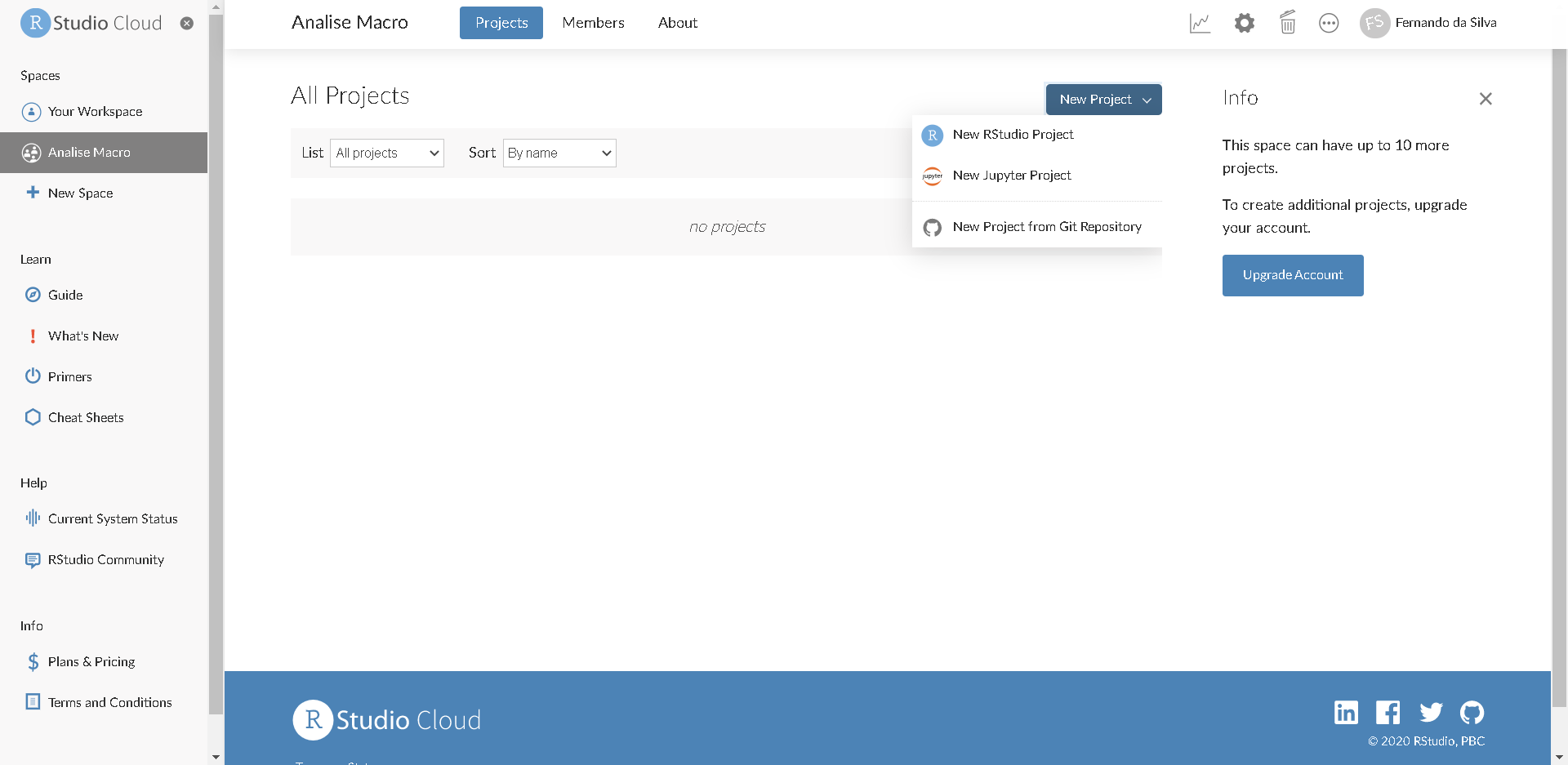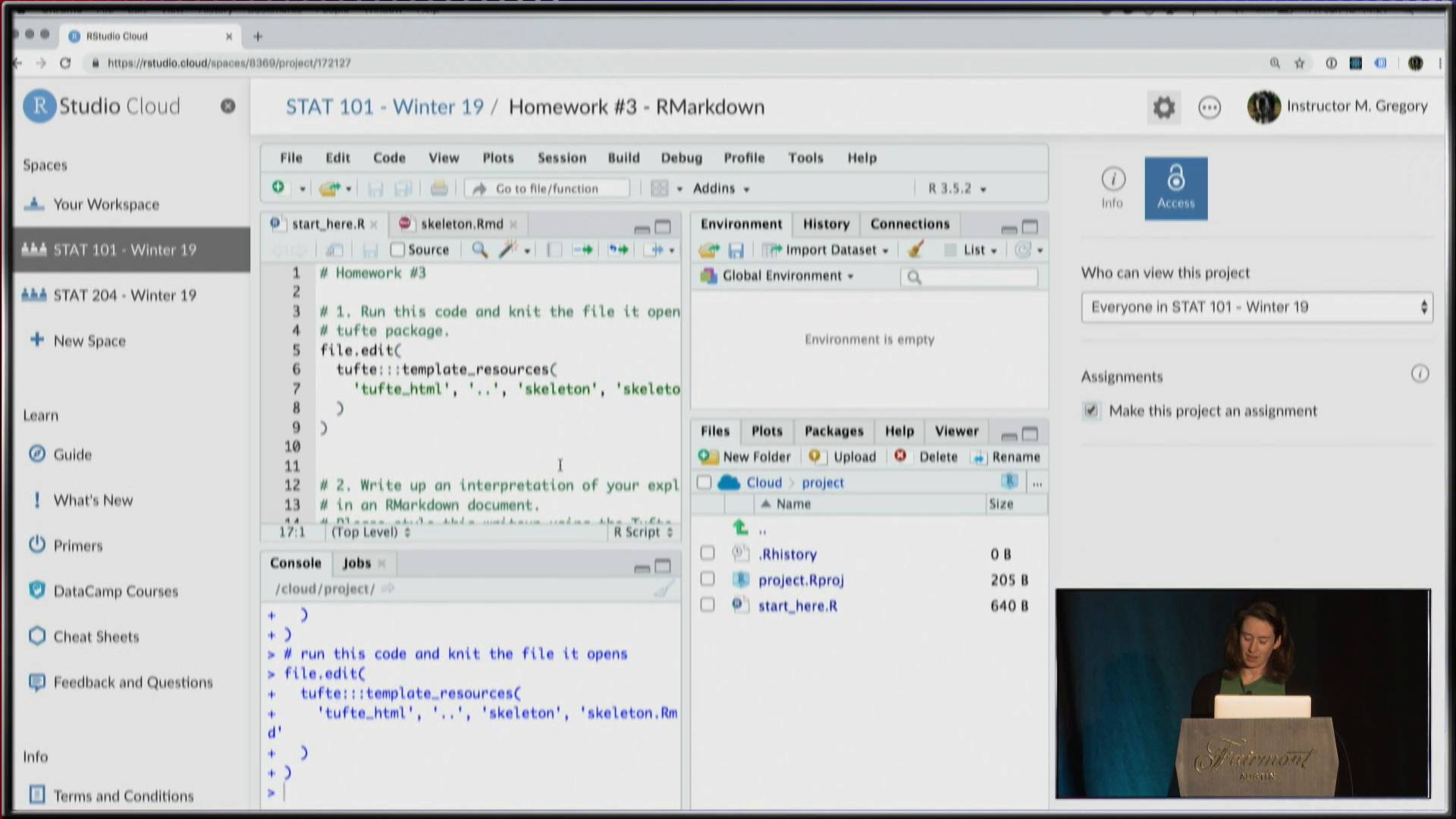

Install.packages('abind', dependencies=TRUE, repos='')"Īuthenticating R connection to GCS, Bigquery and Cloud SQL Google Cloud Storage To install R package from the JupyterLab notebook itself, use the below command: \ R -e "install.packages('abind', dependencies=TRUE, repos='')" \ R packages can be installed through command file using the below command: \ Below are examples of each using the standard R repo. R packages can be installed using JupyterLab notebooks or on the command line. Refer to the Using R with Google Cloud SQL for MySQL guide by GCP to get an introduction to accessing MySQL on a Cloud SQL instance.

The guide also provides examples to make authenticated user calls to the BigQuery service and also ways to read/write data from/to BQ. Refer to the bigrquery R package documentation to learn more about accessing BigQuery resources in R. Refer to the googleCloudStorageR package introduction here to learn more about the R package used to access GCS resources. From what I gather the three most popular cloud services are AWS, MS Azure and Google Cloud.The purpose of this guide is to provide data scientists and engineers adequate resources to get started with coding in R using Google Cloud Platform Data products like GCS, Cloud SQL and BigQuery. If I understand correctly, cloud VM services offer computational power scaled to your needs. This is a somewhat costly upgrade, and I came to think of the possibility of running R sessions in a cloud VM instead.

Initially, I was considering upgrading from my current 16GB of RAM to 32GB. I've recently run into memory shortage when trying to run some analyses in R on my laptop.


 0 kommentar(er)
0 kommentar(er)
